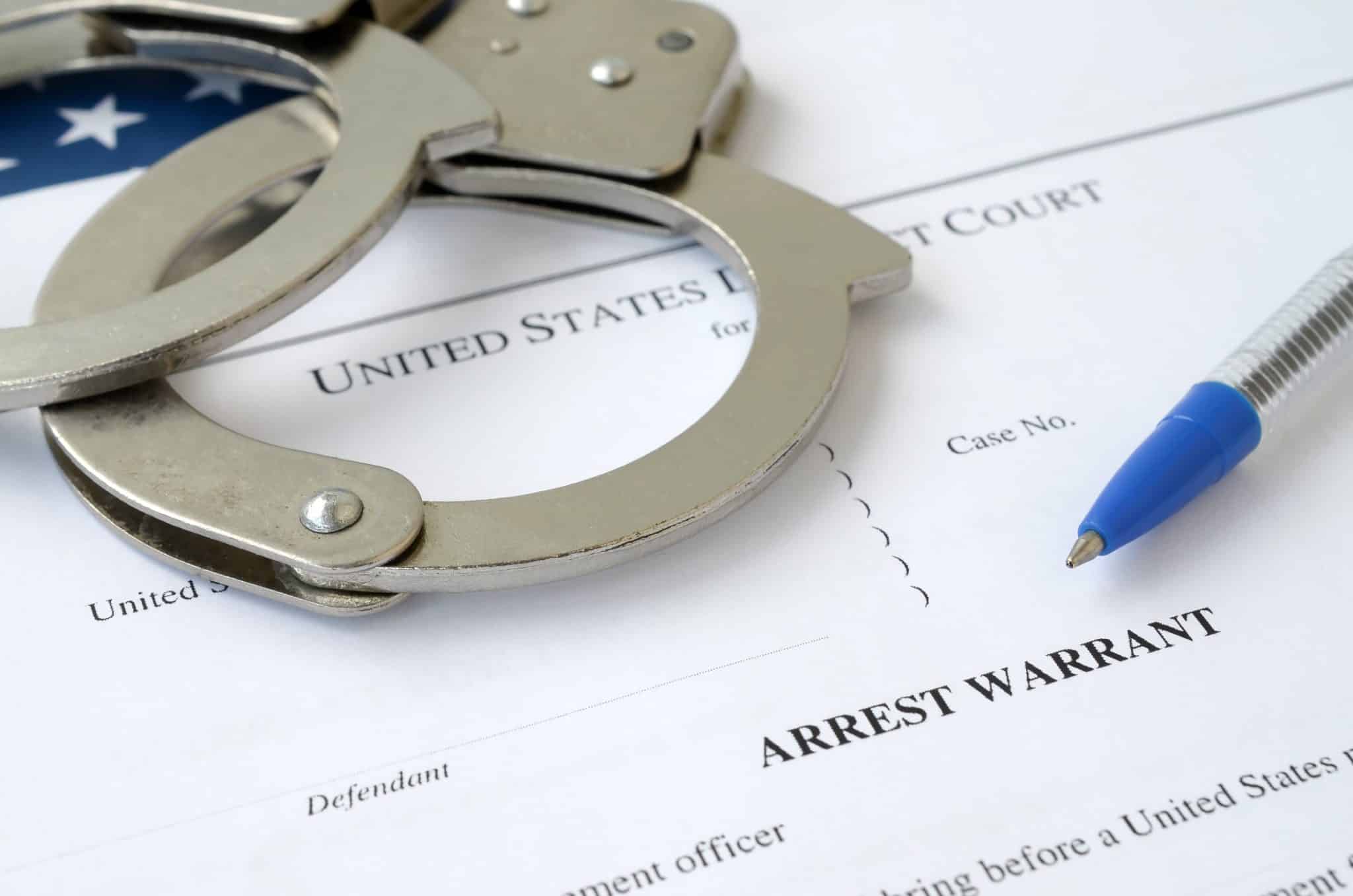No-knock warrants have generated legal debate and social controversy in recent years due to fatal
encounters between the police and unarmed citizens—some of whom had no i nvolvement in criminal
activity.
No-knock warrants are so controversial that the Texas House has stepped in. They introduced a bill that
would limit the ability of magistrates to issue no-knock warrants. It also seeks to limit these warrants in
cases that involve violent offenders.
Proponents of no-knock warrants claim they have some advantages, such as keeping those who may
have committed crimes from getting rid of evidence or fleeing the scene, so it’s possible these types of
warrants may not be going anywhere. That’s why it’s vital for Texas residents to understand what a
warrant is, how they work, and how no-knock warrants are different. Read on to find out all you need to
know.
What Is a Warrant in Texas?
Though warrants such as no-knock warrants have become controversial, they are still a vital part of the
criminal justice system in Texas and beyond. These legal documents allow authorities to search you and
your property or to perform certain acts.
There are a few different types of warrants. They include:
Arrest Warrants
This is a warrant issued by a judge. It allows the arrest of someone. In order for this type of warrant to
be issued, police have to submit an affidavit to a judge outlining the probable cause for the warrant.
These warrants can also be issued when a person doesn’t show up for a court date.
Arrest warrants rarely inspire the authorities to search for you, but if you get stopped for an unrelated
violation, a check by police will show you have a warrant out for your arrest and you will be arrested.
Bench Warrant
This type of warrant provides police with the right to arrest you on sight. Normally, this type of warrant
is issued when a criminal offense has been committed, but it can also be provided in civil cases, for
failure to appear in court, or for contempt of court.
Search Warrant
This type of warrant allows law enforcement to search you and your property. It’s not exactly like an
arrest or a bench warrant, but it can still result in your arrest.
With the help of a search warrant, law enforcement agencies can perform a search on you and your
property, taking what they need for evidence in your case. If they don’t have a warrant, then searching
you and your property is a violation of your Fourth Amendment rights, which is why police need to show
a judge they have probable cause to believe you have committed a crime before they can issue a search
warrant.
There is more than one type of search warrant, however. The main types are:
Administrative Warrants
These warrants are issued when the civil code is violated, not the criminal code.
DNA Warrants
If the police want a sample of your DNA because they believe you participated in a crime, they must
have this type of warrant to get a sample from you.
Judicial Warrants
This type of warrant is also called a criminal warrant. Before it can be issued, probable cause must be
established.
No-Knock Warrants
No-knock warrants must be signed by a district judge in Texas and then approved by the chief of police
or someone who outranks them. In the state, only SWAT teams are able to get these types of warrants.
These warrants are legal in Texas, but the new House Bill is attempting to restrict these kinds of warrants.
Why are no-knock warrants so controversial? Likely because they often end in the death of those being
searched. Remember, those inside have no idea that anyone is showing up, and if they own a gun, they
may arm themselves thinking that someone is attacking them. This escalates the situation, and many
believe it creates a dangerous situation for everyone involved.
What If You’re Caught in a No-Knock Raid?
If you are in a home where a no-knock warrant is being carried out, get an attorney. You must identify
yourself if detained by police. However, remain silent regarding any other questions they have to ask
you until you have a lawyer by your side.






